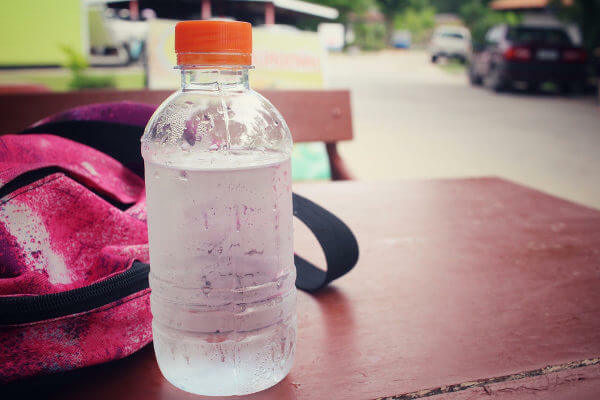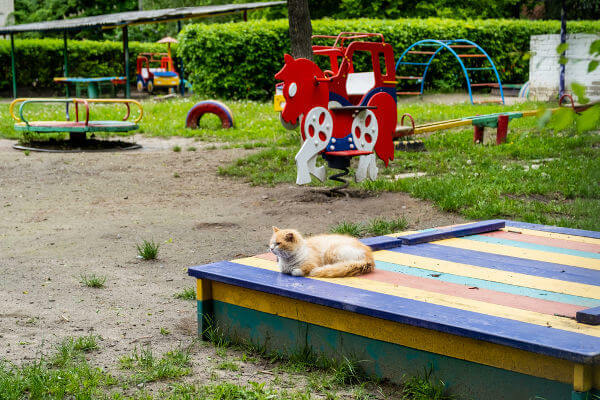Children and teenagers pass long periods at school. At these times, they are exposed to a lots of people and unhealthy situations, which can put your health at risk. Therefore, it is important to highlight the importance of adopting healthy habits at school, in order to avoid, for example, disease contagion.
Read too: Tips on how to prevent illness in school-age children
Check out 5 healthy habits we should have at school:
Wash hands

Washing your hands is an important way to prevent illness.
This tip may seem quite simple, however, washing your hands is an essential measure to prevent the transmission of disease. Children and teenagers should always remember to wash their hands after leaving the bathroom and before and after meals.
This habit can be common in our homes, however, at school many end up forgetting about it, which is so important. Who has never, for example, at recess, started his meal without remembering to wash his hands? This simple habit should accompany us on a daily basis and is essential for us to avoid illnesses.
Do not stop now... There's more after the advertising ;)
Do not share water bottles
Share water bottles is something very commonHowever, this seemingly risk-free habit can harm your health. Many diseases can be transmitted this way, as is the case with the flu and of the herpes. So always remember to take your own bottle of water and, of course, sanitize it constantly. If a colleague borrows it, there is no harm in to deny and inform the colleague about the risks.
Read too:10 ways to prevent yourself from colds and flu
Avoid consuming unhealthy foods
It is very common for students to feed on industrialized snacks, candy, fried snacks and soft drinks, which are often sold at the school, as well as being rich in sodium and sugar. When this habit becomes constant, health damage is inevitable.
One of the most known problems related to poor diet is obesity, a serious health problem that is related to the development of other problems, such ashypertension, orthopedic problems and diabetes.
Avoiding these problems, however, can be relatively simple, just focusing on a healthier eating, through the consumption of fruits, natural juices and foods with less salt and fat. Taking food from home is also a good option.
Read too:What can't be missing from the school lunch box?
Ensure hydration

Ensuring hydration is essential, but sharing bottles can be dangerous.
drinking water is essential for our health and is even related to prevention of diseases. The lack of water is related, for example, with the development of kidney stones and also from urinary infection. So, take your water bottle to school so you can hydrate at any time.
Sit down properly and do not carry heavy backpacks
When we are at school, it is common that we do not sit properly in chairs. Poor posture is also a habit that can seriously damage the health of school-age children and adolescents. The person can develop back pain and even spinal deviations. It is important, therefore, to avoid this situation by always remembering, when sitting down, keep your hips close to the backrest, keep the spine straight and the feet firmly on the ground.

Heavy backpacks can damage our spine.
Furthermore, we cannot forget the danger of very heavy backpacks, that also affect our spine, which can trigger, for example, scoliosis. It is recommended that the weight of the backpack never exceeds 10% of the individual's weight. Therefore, always check if it is really necessary to take all that material to school.
Read too:Spinal Care
extra tip: Eating before going to school
Many children and teenagers do not like to have breakfast before going to school, however, even if done very early, this habit is important. Proper nutrition upon waking helps replenish our energies after a long period of fasting. This energy is essential for us to be able to carry out our activities, including at school. Studies indicate that a well-nourished person presents greater school development and learning.
See how easy it is to be healthy at school too? With these simple tips, you can improve your quality of life and even your academic performance. Start following them today!
By Ma. Vanessa Sardinha dos Santos



